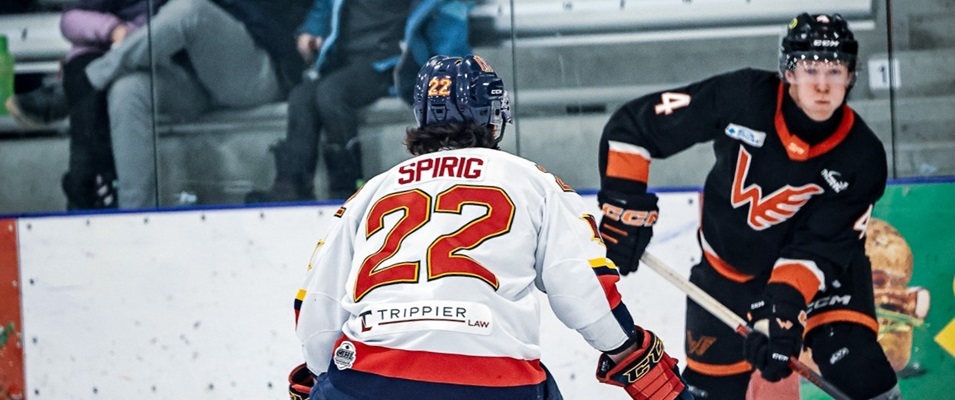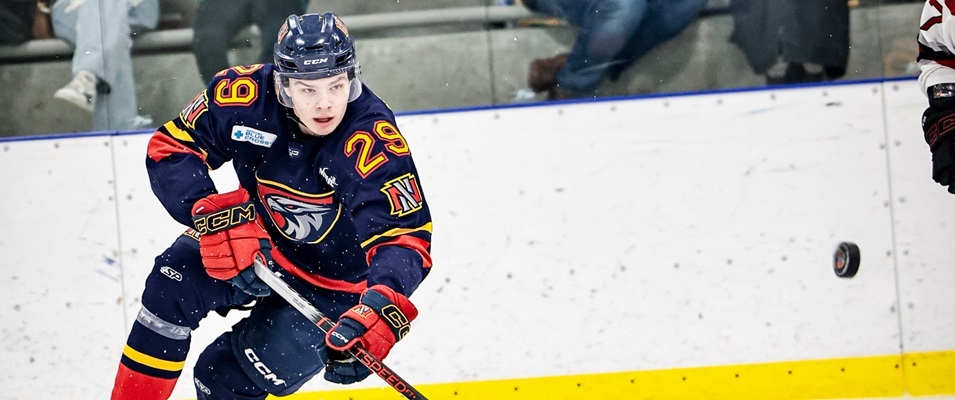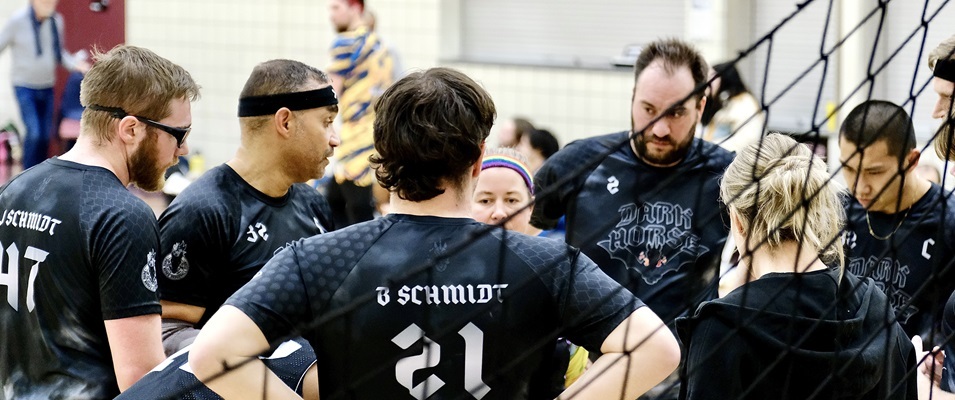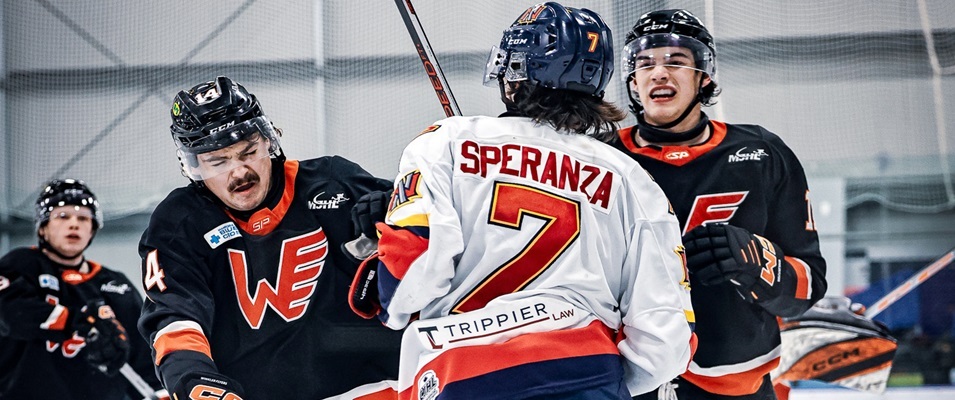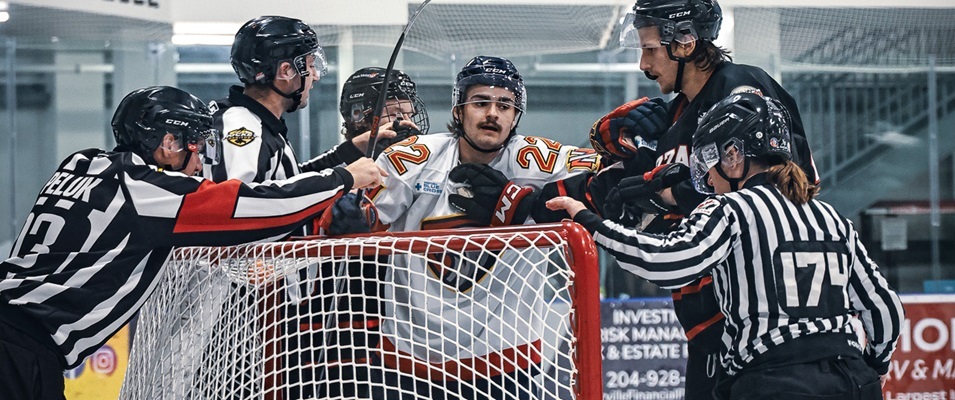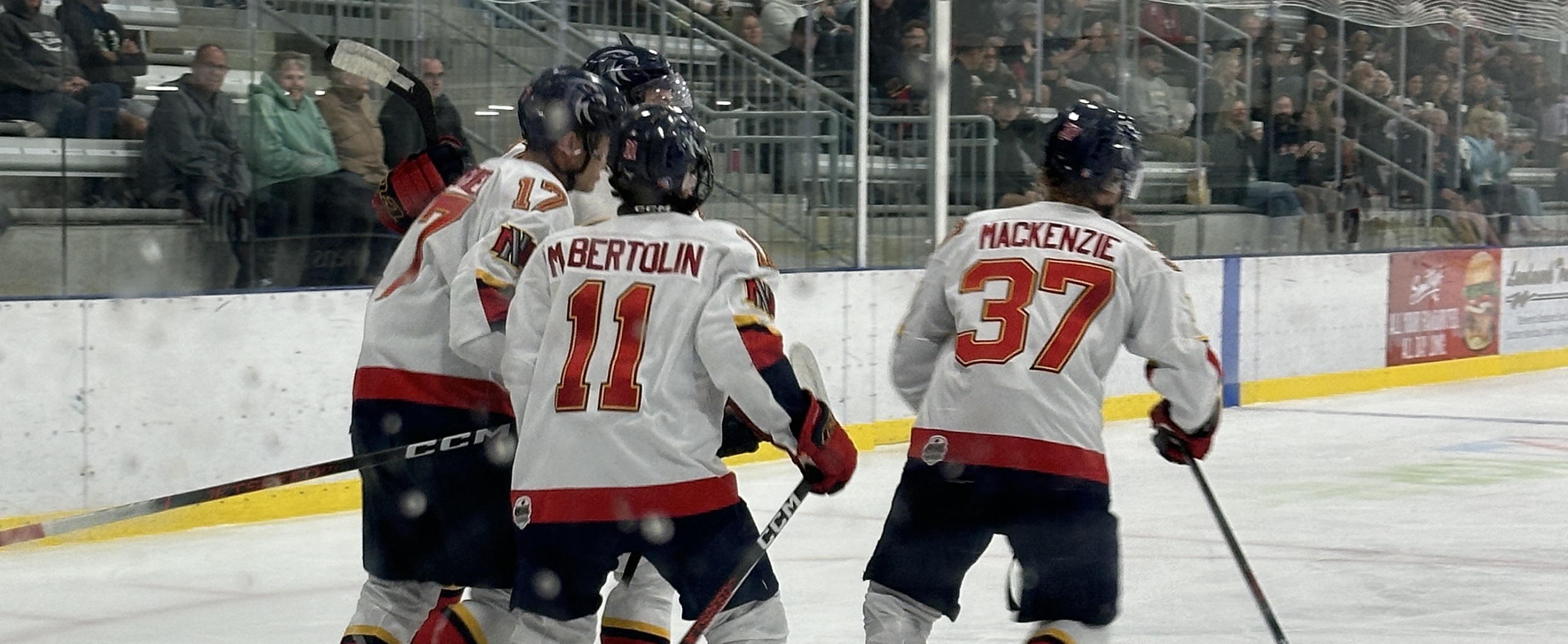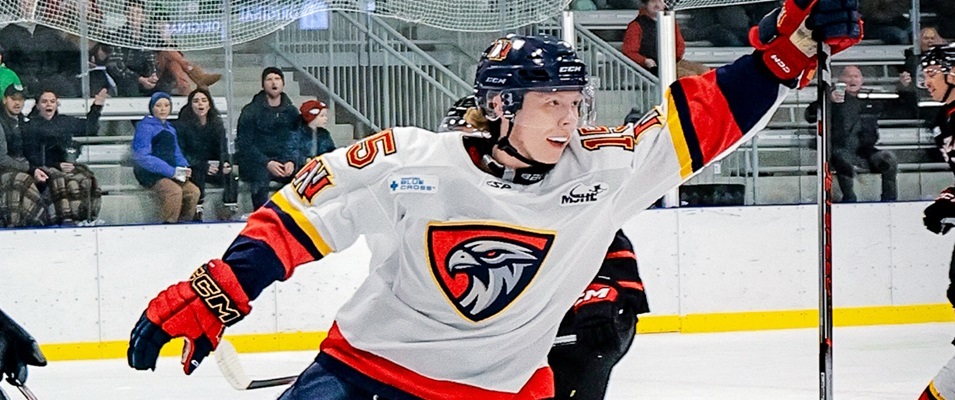I’ve had many discussions over the past few years with Winnipeg Jets fans regarding Toby Enstrom. The Swedish defenseman is probably one of the most divisive players on the team. Some think he’s invaluable while others would like to see him shipped out of town for nothing more than a bag of pucks.
Enstrom has spent his entire career with the same franchise, having been selected with the 239th overall pick in the 2003 NHL Entry Draft by the Atlanta Thrashers. At a height of 5’10” and weighing roughly 180 pounds, Enstrom is one the smallest defensemen to ever play at the NHL level. He’s currently in his tenth season and has surpassed all expectations for an eighth round pick. Jets management obviously liked what they saw after his first season in Winnipeg, as they signed him to a five-year extension in the summer of 2012. It was a bit of a surprise at the time; he still had one year left on his contract. Regardless, the Jets gave him a $2 million raise and even included a no-movement clause, giving Enstrom control of his own future.
Enstrom put up back-to-back 50-point seasons in his final two seasons in Atlanta, but he hasn’t topped the 33 points he got in his first season in Winnipeg. He’s missed significant time to injury in every season but one, with over 80 games missed since 2011. He logs a lot of ice time and takes a beating from big opposing forwards.
Despite being an easy target, Enstrom has always done a terrific job of moving the puck and finding his teammates. He has great vision and is very intelligent on the ice. The downside is that he’s not a physical defenseman and, despite using an extra long stick, he’s always at a disadvantage when trying to defend bigger and stronger players. The long stick often comes in handy, but it also results in a lot of hooking penalties as he doesn’t have the ability to be physically aggressive.
So would the Jets be better off without Enstrom in the lineup? The numbers this year suggest they can do just fine without him. At the time of this writing, the Jets are 5–1–2 on the season when Enstrom is not in the lineup and 23–28–4 when he does play. Is this just a coincidence, or could it mean something? The Jets are usually at their best when they’re playing a physical game and delivering big hits and pushing their opponent around. Enstrom certainly doesn’t fit this style of play.
Early in his career, he racked up points as a power play specialist, but he hasn’t had the same success in Winnipeg in that role. The truth is that he’s not often used that way anymore. In his first four seasons in Winnipeg, he averaged just over three minutes of power play time per game, and in the last two seasons he’s down to only one and half minutes. He’s now being primarily used as a penalty killer and seeing about three minutes per game while shorthanded. Using a small defenseman on the penalty kill is certainly a questionable move, but with Tyler Myers injured for most of the season, it’s the role he’s been assigned.
A lot of Jets fans see the positives in his game, but it’s the high cap hit that really irritates people. He’s one of the most overpaid defensemen in the league, and even if the Jets could trade him, they most likely would have a hard time finding a team willing to take on his contract. Enstrom’s current contract will expire at the end of next season, when he’ll be almost 34 years old. It seems highly unlikely that general manager Kevin Cheveldayoff will sign him to another extension. Enstrom will most likely sign a one- or two-year deal elsewhere for much less than he’s making now. But until then, Jets fans will have to endure at least one more season of Toby Enstrom… whether they like it or not.





